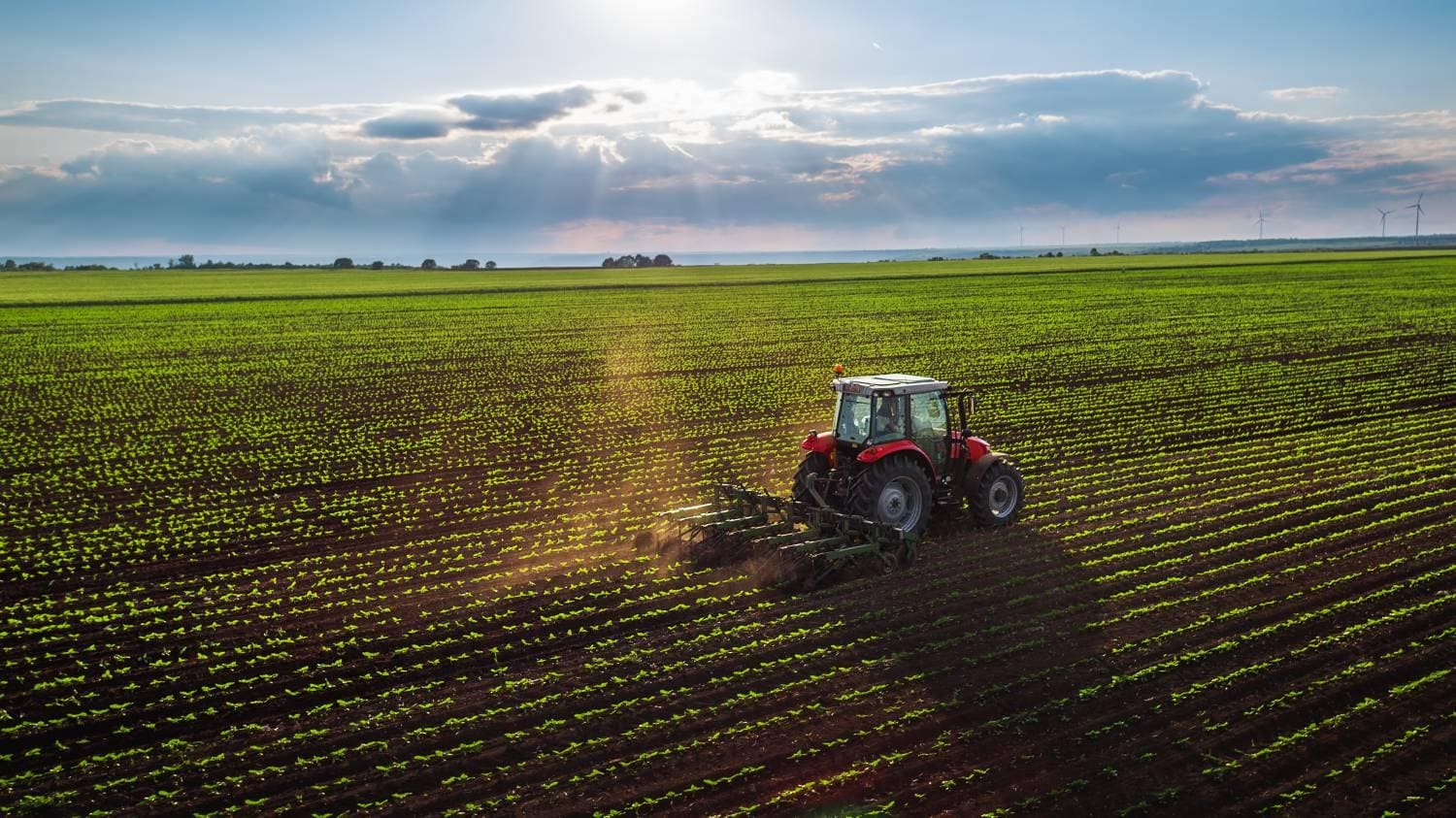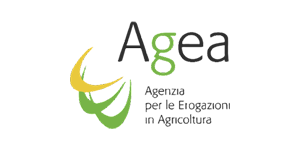AGEA achieved this using • SAS® Fraud Management • SAS® Visual Investigator • SAS® Government Management • SAS® Viya® 4
AGEA uses SAS® Fraud Management platform on SAS® Viya® to transform agricultural aid for European Union countries
Farming can be a risky business. Factors such as weather, climate conditions, natural disasters and fluctuations in supply and demand can profoundly affect a farmer’s livelihood. When farmers experience hardships and are unable to produce adequate yields, it can have a profound impact on a nation’s food security. With these uncertainties in the agriculture industry, the public sector can play an important role in protecting farmers’ income and the subsequent food supply.
Agricultural production in European Union countries is supported, in part, by public aid and contributions. In 1999, the Agency for Agricultural Disbursements (AGEA) was established in Italy to distribute funding, manage the associated programs, and ensure economic cooperation between nations.
AGEA is responsible for administering billions of euros in public funding and aid annually. If discrepancies occur – errors, improper allocations or fraud – there could be serious downstream effects on the money’s intended beneficiaries in the local agricultural community. The lack of proper oversight and control could also erode public trust in the agency.
Dr. Fabio Vitale, Director of AGEA, has dedicated himself to a formidable mission: Fight fraud while speeding up payments to Italy’s farmers. His solution for making that happen? An advanced analytics system that funding administrators and EU departments can rely on to directly disburse funds to the individuals entitled to them.
To learn more about AGEA’s fight against fraud – and what its analytics journey entails – we asked Vitale a few questions.
Paying grants to those who are not entitled to them takes resources away from those who need them. SAS helps us make sure we pay those who are truly entitled to aid and funding. This is a momentous change for us.Fabio Vitale Director AGEA
Why has AGEA intensified its focus on fighting fraud?
Vitale: AGEA has always had two souls, that of the coordinator and the paying agent, guided by a key objective: to ensure funding to support the agricultural sector is properly distributed and paid. The agency has always performed at a high level, disbursing about 98% of the available funds. That small percentage of nonpayments generates complaints, and opens up dutiful and necessary control activities, but the biggest concern is the possible fraud hidden within that 98% of actual disbursements. And that fraud is often associated with organized crime.
Historically, AGEA has been a passive player in the fight against fraud – which is the responsibility of law enforcement agencies – but we now want to become more proactive.
Paying grants to those who are not entitled to them takes resources away from those who need them. SAS helps us make sure we pay those who are truly entitled to aid and funding. This is a momentous change for us.
What is AGEA’s role in the fight against fraud?
Vitale: AGEA is the sole communicator with the European Commission on behalf of Italy for matters related to the funds. Our agency handles the accounting that must be reported to the Commission. We also ensure the paying entities receive the guidelines regarding their functions and activities – we are the coordinating agency for 18 regions and act as the direct paying entity for 11 of them.
We are developing an advanced monitoring system of disbursed funds, which can become a common, shared knowledge base for the organizations that directly disburse funds (i.e., the payers), all public administrations, law enforcement agencies and control bodies – both Italian and European.
We want to be seen as trailblazers in Italy and inspirational at the European level to enable new collaborative ways of controlling and combating fraud related to the disbursement of European funding.
What convinced AGEA to invest in a SAS anti-fraud platform? What results do you expect to achieve?
Vitale: Over the years, AGEA has consolidated an important information asset in SIAN, the National Agricultural Information System. We chose SAS because of its capabilities in managing large amounts of data, SAS’ long history, extensive skills, experience in risk and fraud management, and its capabilities in predictive analytics – an essential tool that will help us avoid disbursing aid to ineligible beneficiaries.
In terms of results, in the immediate future we expect to identify and extract a substantial number of potentially fraudulent applications. And long term, we aim to implement a model to identify new indicators. This model would run before aid applications are paid. We are also planning new risk models to identify new potential fraud.
The SAS Fraud Management platform is a critical fraud intelligence component for us. It helps us uncover complex relationships between people, places and events over time, across multiple horizons. With this solution, we can manage a wide range of needs from analysis to investigation management in the cloud.
AGEA – Facts & Figures
800,000+
applications per year
€7 billion
in public funding and aid disbursed annually
€400 million
in reported fraud in 2022
How will AGEA use data and artificial intelligence to support the agricultural ecosystem?
Vitale: Our agency has become the benefactor of an unparalleled repository of information. From here, the entire agricultural sector can be monitored and studied in all its forms. This is an immense resource, and through a substantial investment in new analytics and artificial intelligence technologies, we want to make it the starting point for redesigning agricultural policies.
We have a duty to support the agricultural world, all while ensuring transparent and swift disbursement of funds. We must study the sector, gather the wishes of farmers and decisively propose solutions within the rules of the Common Agricultural Policy.
An example: Our agricultural system is also based on microenterprises that often produce just enough for the individual household, defend small areas of national territory and enable the preservation of local cultural practices. These farmers are often invisible to the community. AGEA, which knows the territory and the agricultural sector in all its forms, can pick up on their needs and support them at the community level.
What steps is AGEA taking to achieve this strategic vision?
Vitale: Our first step was an internal restructuring. We equipped ourselves with a new organizational structure to make the paying agency more effective, strengthen the role of the coordinating body and build a national administration model.
The next steps are about expanding the dense network of cooperation we are creating. AGEA has made its mark with an initial anti-fraud project and a real application dashboard – called the Criminal Focus Area – which is used by local authorities for environmental crimes.
In presenting this dashboard, we have come in contact with a large number of other entities. Now we want to strengthen this collaboration by sharing information and developing a tight network of interchanges.
We are confident that data sharing is the winning card for an effective anti-fraud system. At AGEA, we want to be the guiding light on this important, transformative path that will benefit our entire country.



